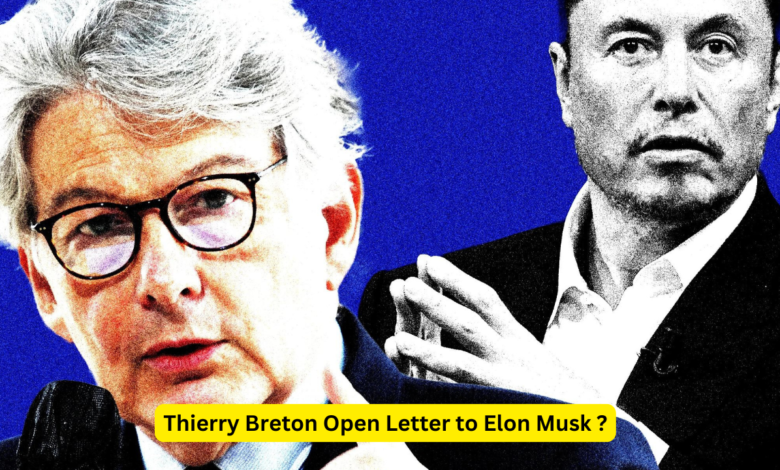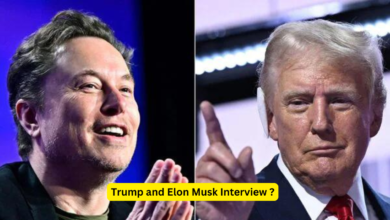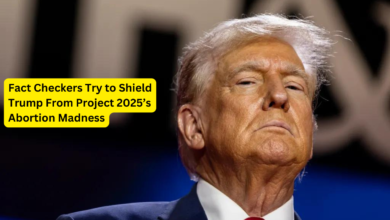Thierry Breton Open Letter to Elon Musk ?

Thierry Breton‘s Open Letter to Elon Musk: A Digital Showdown, In a dramatic twist that underscores the intersection of technology and regulatory oversight, Thierry Breton, the European Union’s digital enforcer, penned an open letter to tech mogul Elon Musk. This letter, sent on a recent Monday, sets the stage for an intriguing dialogue between two influential figures in the tech world. As the EU’s commissioner for the Internal Market, Breton’s letter is not just a routine correspondence but a significant moment in the ongoing discourse about digital governance and corporate responsibility.
Thierry Breton’s open letter to Elon Musk is a significant development in the ongoing conversation about tech regulation. It reflects the EU’s commitment to enforcing digital policies and ensuring that tech giants adhere to regulatory standards. For Musk and his companies, this letter represents both a challenge and an opportunity to navigate the complexities of global tech regulation.
Who is Thierry Breton?
Thierry Breton is a prominent figure in European politics and technology regulation. Serving as the European Commissioner for the Internal Market, Breton has been at the forefront of the EU’s efforts to shape digital policy. His role involves overseeing various aspects of the digital economy, including the implementation of the Digital Services Act (DSA) and the Digital Markets Act (DMA). Breton’s position gives him substantial influence over how tech companies operate within the EU, making his open letter to Elon Musk a noteworthy development.
The Context of the Open Letter
Breton’s open letter to Elon Musk is more than just a formal communication. It comes ahead of a planned interview with former U.S. President Donald Trump, adding layers of political and regulatory intrigue to the situation. The letter reflects a broader concern within the EU about the influence of major tech companies and their compliance with European regulations.
The Digital Services Act (DSA) and the Digital Markets Act (DMA)
To understand the significance of Breton’s letter, it’s crucial to grasp the context of the Digital Services Act and the Digital Markets Act. The DSA aims to create a safer digital space where users’ rights are protected, and illegal content is effectively managed. On the other hand, the DMA targets large tech platforms that act as “gatekeepers” to ensure fair competition and prevent monopolistic practices.
Breton’s role in enforcing these regulations places him in direct opposition to major tech figures like Musk, whose companies are deeply intertwined with the digital landscape. His letter likely addresses concerns related to compliance with these new rules and the broader implications for the tech industry.
The Implications for Elon Musk
For Elon Musk, the letter from Thierry Breton represents more than a regulatory challenge. Musk’s ventures, including SpaceX and Tesla, operate on a global scale, and his influence extends into various sectors, including social media with his ownership of X (formerly Twitter). The European Union’s stringent regulations could impact how Musk’s companies operate in Europe, affecting everything from data privacy to market competition.
Regulatory Pressure and Business Operations
The European Union has been known for its rigorous regulatory frameworks, particularly in the tech sector. For companies like Musk’s, this means navigating a complex landscape of compliance requirements. Breton’s letter may outline specific concerns or expectations regarding how Musk’s companies align with EU regulations, potentially influencing business strategies and operations.
A Broader Discussion on Tech Regulation
Breton’s open letter also sparks a broader conversation about the role of tech regulation in shaping the future of digital innovation. As technology continues to evolve, the balance between fostering innovation and ensuring regulatory compliance becomes increasingly critical.
The Role of Government in Tech Innovation
Governments around the world are grappling with how to regulate tech companies without stifling innovation. The EU’s approach, as embodied by Breton’s letter, reflects a cautious yet assertive stance on ensuring that tech giants adhere to legal and ethical standards. This approach could serve as a model for other regions grappling with similar challenges.
What This Means for the Future
The open letter from Thierry Breton to Elon Musk is more than a regulatory communication; it’s a snapshot of the evolving relationship between tech giants and government regulators. It highlights the growing influence of regulatory bodies in shaping the future of technology and the need for tech companies to adapt to a changing landscape.
Preparing for Regulatory Changes
For tech companies, this situation underscores the importance of staying informed and prepared for regulatory changes. As governments and regulatory bodies continue to address the challenges posed by rapidly evolving technology, businesses must navigate a complex web of rules and expectations.
Reflections and Future Outlook
As we look to the future, the interaction between Thierry Breton and Elon Musk serves as a reminder of the ongoing dialogue between technology and regulation. The outcome of this exchange could have far-reaching implications for how tech companies operate globally.
Encouraging a Balanced Approach
While regulatory oversight is essential for protecting users and ensuring fair competition, it’s equally important to encourage innovation and progress. Striking a balance between these goals will be crucial in shaping a future where technology serves the greater good while remaining dynamic and forward-looking.
Conclusion
Thierry Breton‘s open letter to Elon Musk is a significant development in the ongoing conversation about tech regulation. It reflects the EU’s commitment to enforcing digital policies and ensuring that tech giants adhere to regulatory standards. For Musk and his companies, this letter represents both a challenge and an opportunity to navigate the complexities of global tech regulation.
As we consider the implications of this correspondence, it’s worth reflecting on the broader context of technology and regulation. How do you think tech companies should balance innovation with regulatory compliance? Share your thoughts and perspectives in the comments section below!




